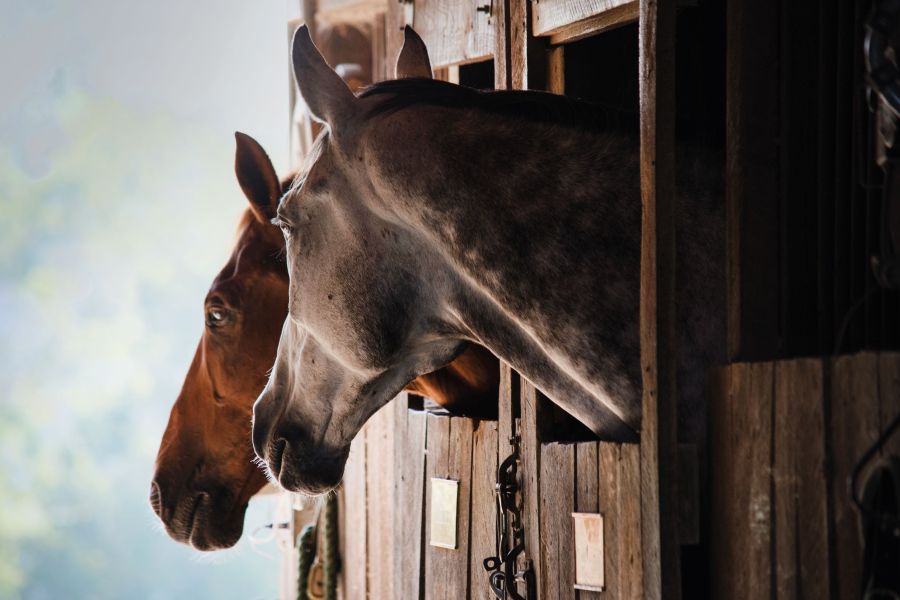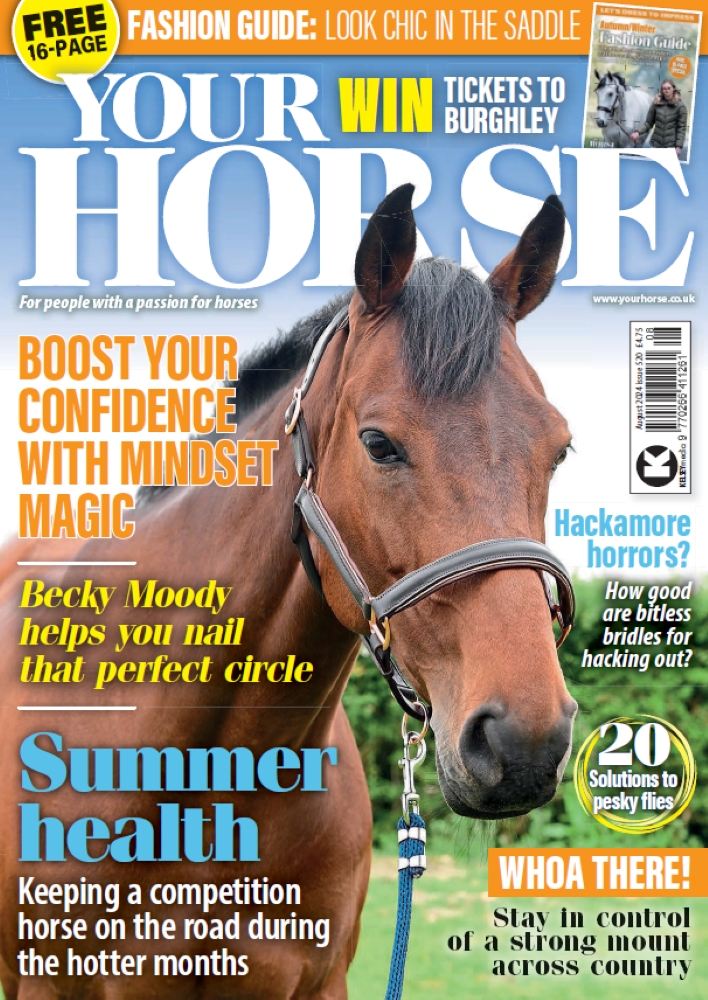“Never before has there been such a mix of views,” said Roly Owers, Chief Executive of World Horse Welfare, as he opened the charity’s 25th conference, which explored the complex issue of when our use of horses becomes abuse.
Roly said the reasons for this influx of opinion surrounding equestrianism were due to the digital world making people are more aware of animal welfare, as well as society’s values changing. He also noted that thanks to science we know more about what equines need and how what we do impacts on them.
“We must wake up to the fact that for all the love and care given to horses by their owners, too often these can be seen by society as the exception rather than the rule,” he said.
Roly said the consequences of this public opinion are significant, citing the loss of the riding section from modern pentathlon and the recent Panorama episode on the fate of ex-racehorses.
“Each year voices get louder,” he warned, with members of the public calling for a ban on racing, and even a ban on riding horses in any form.
Our duty to protect horse sport
“We explicitly support the responsible involvement of horses in sport, the only charity to do so,” Roly said. “The sport world needs now more than ever to work together to protect equestrianism’s social licence.”
But what can be done to establish a stronger and fairer horse-human partnership, he asked.
Use versus abuse all too often is a very blurry line, he said. Is it about what we use horses for? Is it wrong to use a horse for food if their welfare is protected to the end of their life? Is it right to use for sport if they enjoy? Should they be kept as companions?
“We believe it is our responsibly to do all we can to provide horses with a good life,” Roly said, adding that we all have the capacity for abuse. “The power of us over our horses makes that inevitable.”
Roly maintained that you cannot fix abuse with abuse, and that while we do need strong penalties, these need to be handed out by authorities and not the general public.
“We should have zero tolerance for self-righteous hysteria,” he said.
When does use become abuse?
Roly said there are three important points to consider in evaluating the use of our horses:
- We need to understand impact of what we do on horse.
- We need to remember that intentions are not impacts, it’s not what we feel or think but what we do that counts.
- We need to be mindful it’s not what we do but the way that we do it that matters.
If we get it right equestrianism will flourish, if not we will loose our ability to use horses at all, he warned.
More reports on World Horse Welfare’s 25th annual conference to follow
Don’t miss the latest issue of Your Horse Magazine, jam-packed with training and veterinary advice, horse-care tips and the latest equestrian products available on shop shelves, on sale now.
Find out what’s inside the latest issue of Your Horse
Check out our Christmas subscription offer – the perfect gift for a horse lover!









